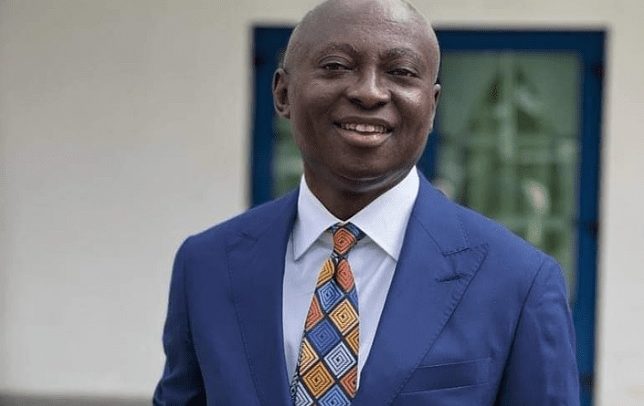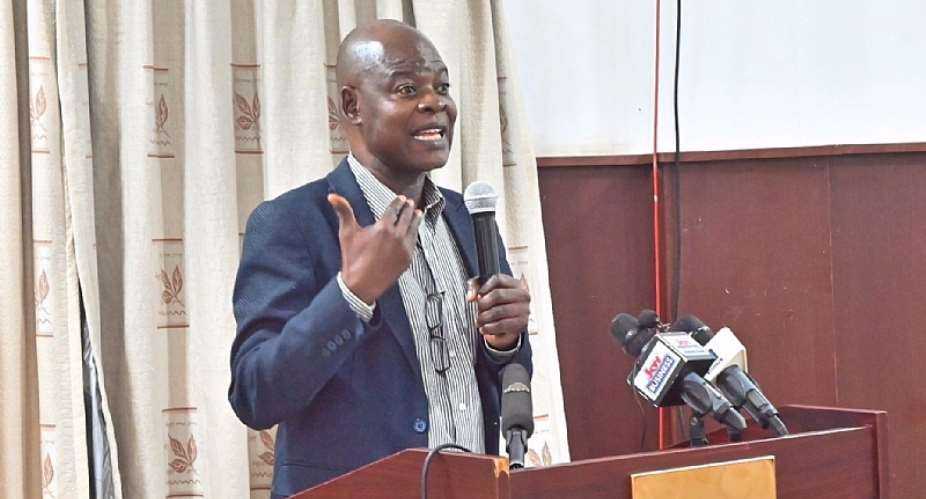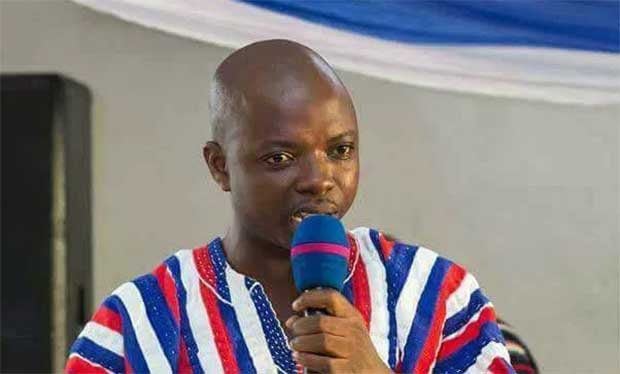
By Benjamin QUARCOO
Most of us as Ghanaians, grew up with two powerful lessons. One, “you do not speak ill of the dead”, and two, “a younger person must never openly challenge an elder”. These noble values are rooted in respect and harmony, of which we are entreated to never completely discard.
But here’s where these teachings become problematic, especially for our modern day governance. Most of our leaders are older than their critics. If questioning them while alive is considered “disrespect” and speaking up after their death is “taboo,” when exactly can leaders be held accountable?
The silence that breaks institutions
Let’s start with a young teacher in a government school, who discovers that the headteacher diverts textbooks meant for students and sells them on the side, or use them in a small private school he has started in the next town.
The teacher wants to speak out but the warning comes quickly. “Don’t disgrace your headmaster; he has been like a father to us all.” If the young teacher insists, she/he risks being transferred, victimized, or branded “disrespectful.” And so he/she keeps quiet. The children lose out, but culture is preserved.
Let’s make it more practical for those who have not had the privilege to teach in any of our ‘syto schools”. A district assemblyman or a Mrmber of Parliament in his 60s or older, mismanages funds meant for boreholes. The youth raise concerns, but he dismisses them as “small boys making noise.” When his term ends, he leaves with pomp, celebrated as a “development chief.” Years later, when he is no longer alive, the truth surfaces, society only shrugs: “He is gone now; let the dead rest.”
This is the cycle. Wrongdoing is silenced in real time, forgotten in death, and repeated by the next person in power. Our silence builds monuments for corruption.
The pretence of our systems
Yes, Ghana has whistleblower laws. Yes, we have well written and designed Citizens’ and Customers Charters, “report hotlines,” regulatory agencies, and anti-corruption units. let’s be honest with ourselves. How often do these work as they should?
A whistleblower who dares to speak, risks being unmasked and victimized. Citizens who report through “official channels” are ignored or worse, the complaint somehow lands on the desk of the very person being reported or his/her sponsor. These mechanisms in this part of our world, exist more on paper than in practice. They become a comfort blanket for our leaders to point to, rather than shields for we, the citizens to rely on. This is the real dilemma of accountability in our society: we pretend to have systems, but in reality, those who try to use them pay the price.
What can truly work?
If we are to move forward, the solutions must be rooted in our cultural reality, not borrowed models. They must also be rooted in sincerity. Too often, criticism of our leaders is colored by political lenses. If it is not “NDC vs. NPP,” then it is faction A against faction B in our workplaces or community. Instead of constructive feedback, criticism has become a weapon to “pull them down so that we can take over.” Even worse, we often see elders praising a young person for being “bold” only when the criticism is aimed at an enemy or opponent.
A youth who questions a rival politician or rival chief is celebrated as courageous. Let the same youth dare to ask questions of their own leader, and be branded disrespectful or arrogant. In that moment, criticism is no longer about truth. The same criticism is weaponised, and used as a tool of convenience rather than a culture of accountability.
This mindset destroys trust. It also explains why most of our leaders dismiss criticism outright, because they are quick to assume it is a sponsored propaganda rather than genuine concern. Better late than never, we can shift this culture. How can we make it possible?
Respect needs to be redefined in public discourse
Respect should not mean silence. It should mean listening. Our leaders and elders can still be honored while their decisions are scrutinized. We need to appreciate the difference. Respecting a person’s age does not mean endorsing their mistakes, no matter what.
Criticism should be constructive, not political
We must learn to focus our criticisms on actions, policies, or decisions, not political parties or personal ambition. A citizen calling out a minister of state, an Osofo or should not be branded “opposition nor blasphemous,” nor should a staff members questioning their boss be accused of scheming for their job. Feedback must be seen by all as civic duty, not political warfare.
Collective voices, not lone whistles
In our part of the world, one individual who speaks out is easily crushed. But when groups like student unions, professional associations, trading groups raise concerns collectively, it is harder to dismiss them as “disrespectful.” Criticism then becomes that of the people not an individual.
Traditional gatekeepers must lead
Chiefs, clergy, and community elders, which are the moral backbone of our society, must normalize open critique of leaders by their members, in order to begin a shift in our culture. Imagine a chief at a durbar saying, “Our culture respects elders, but it also values truth. Let us correct one another while we still have life.” That to many of us, would change everything.
Media as the real court of accountability
In practice, the media has become the true forum where the voiceless, like myself, speak. Commendably, the current leadership of the Ghana Journalists Association (GJA) has been firm in defending press freedom and protecting journalists in their work. But more support is needed. Journalists and social commentators must not be branded “disrespectful” when they expose wrongs; rather, their work should be valued as selfless and courageous service to our nation.
Elders must own their shortcomings before exit
Our leaders, whether in active service or retired, must themselves normalize feedback before or after leaving office. One striking example I admire so much, is former President John Agyekum Kufuor’s final message to Parliament before stepping down in 2009. Instead of a self-congratulatory farewell, he used the moment to call for constitutional reform, urging that Ghana’s four-year presidential term be extended to five years, to give leaders more time to implement their vision.
He also recommended a fixed tenure for the chairperson of the Electoral Commission, to strengthen independence and clarity in one of the nation’s most sensitive institutions. His gesture showed that exit speeches can go beyond praise-singing and fanfare. They can also be moments of self-critique, reflection, and institutional advice. Imagine if every head of a public institution left behind such candour for their successors.
The future of honest dialogue
Our culture of respect is beautiful, but when it becomes a shield for wrongdoing, it weakens the very institutions meant to serve us. The truth is, if we don’t challenge leaders while they live, their mistakes outlive them. And if we only whisper about those mistakes after they are gone, we fail to learn as a people.
It is important to remember that our criticism must at all times be rooted in honesty, not political opportunism. It should not be about wearing partisan or union colors, or tearing someone down so that “our people” can take over. That ceases to be accountability, it is called rivalry. True accountability is non-partisan, constructive, and forward-looking.
Let’s be reminded that public service and governance are about trust. And trust cannot grow in silence. It grows in honest, respectful dialogue. Not dialogue that ends with the superior reminding their subjects of what they can do with the power entrusted to them.
Maybe it’s time we asked ourselves these hard and uncomfortable questions: By keeping quiet in the name of respect, are we protecting our elders, or we are protecting their failures? When we do speak, is it for the people, or for our own personal and political gain? And why should criticism be celebrated only when it is convenient to our side, instead of when it is necessary for society?
>>>the writer is a Chartered Public Relations professional (CIPR-UK) with over a decade of experience in strategic communications. He has worked across multiple sectors, notably in Ghana’s Education and Energy industries, and is known for enhancing reputation and stakeholder trust.
The post The burden of speaking out in a culture of reverence appeared first on The Business & Financial Times.
Read Full Story
















Facebook
Twitter
Pinterest
Instagram
Google+
YouTube
LinkedIn
RSS